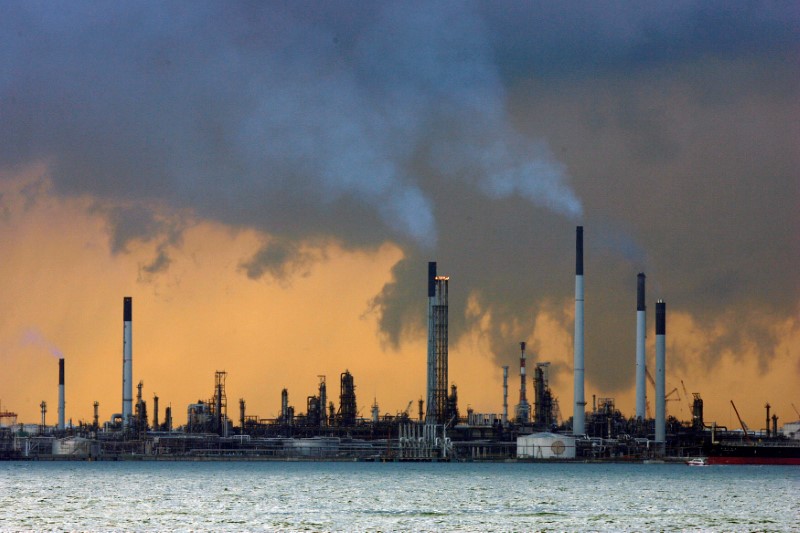© Reuters. Revolution in Argentine Energy: Milei Proposes Historic Oil Sector Liberalization
Quiver Quantitative – Argentine President Javier Milei is embarking on a bold shift in the country’s energy policy, aiming to transform the oil industry by eliminating decades of government intervention. Milei’s ambitious legislative proposal, sent to Congress, focuses on liberalizing the oil sector by freeing crude exports and allowing fuel prices to be determined by market dynamics. This approach marks a significant departure from Argentina’s traditional policies, which have long prioritized domestic affordability and involved the government in pricing decisions.
Milei’s plan is set to revolutionize the operation of Argentina’s oil industry, particularly impacting the shale-rich Vaca Muerta region. By removing restrictions that currently prioritize domestic fuel supply and governmental influence on pricing, the legislation aims to stimulate investment and growth in the sector. Key beneficiaries of this proposed change include state-run oil company YPF SA, which Milei intends to privatize, as well as other major players in the Vaca Muerta shale field, such as Chevron (NYSE:), Shell (LON:), and Vista Energy (VIST)
Market Overview:
-Decades of government intervention in Argentina’s oil industry.
-Vaca Muerta shale potential hampered by regulations and low prices.
-Argentine gasoline among the cheapest globally.
Key Points:
-President Milei proposes sweeping deregulation bill, freeing crude exports and fuel prices.
-Bill sparks debate: potential “historic rupture” with tradition vs. economic boost.
-Energy giants like YPF, Chevron, and Shell stand to benefit from free market.
-Milei faces congressional opposition but takes informal steps to liberalize.
Looking Ahead:
-Bill’s fate uncertain, depending on congressional negotiations.
-Informal market liberalization could lead to short-term price hikes.
-Long-term success hinges on attracting investment and boosting overall economy.
However, Milei faces significant challenges in realizing his vision. His party holds a minority in Congress, suggesting that the bill may encounter substantial opposition. The proposal’s radical departure from Argentina’s historical approach to energy policy adds to its contentious nature. Despite these hurdles, the Milei administration is moving forward with liberalization efforts. In the interim, the government plans to cease mediating discussions between oil producers and refiners, effectively allowing them to independently set crude and fuel prices.
The proposed changes are expected to align Argentine energy prices more closely with international markets. Currently, despite rising global oil prices, Argentina’s domestic fuel prices remain among the lowest globally. This disparity highlights the potential impact of Milei’s free-market reforms on the local economy and global energy sector. As Argentina embarks on this transformative path, the future of its oil industry and broader economic landscape hangs in the balance. Shale oil in Argentina traded at $58 a barrel in the third quarter, when traded at $86, according to YPF.
This article was originally published on Quiver Quantitative
This story originally appeared on Investing

